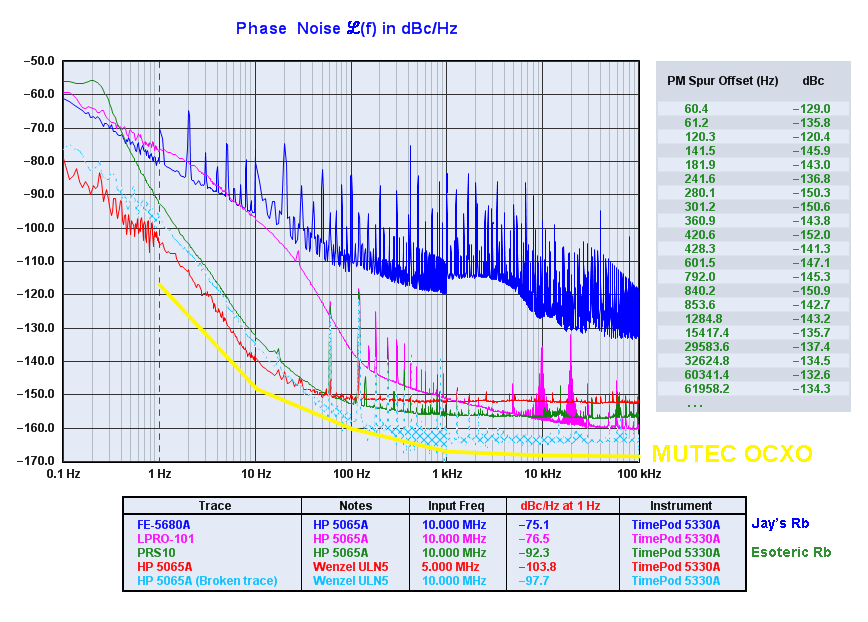Finally received the Vivaldi Clock yesterday. Surprised at just how big an improvement it makes. I suspect it may get somewhat better as the Transparent XL cables break in. In any case, the system sounds more holographic with greater depth and specificity of the soundstage. Seems the instruments seem far more realistic and cohesive and oddly I can raise the volume without feeling blown back in my chair. The lower bass seems more textured, and musical elements that I’d previously let escape my attention are now clearly expressed. And this is especially true at the very end of passages. All in all, a great addition to my sound system.
Steve congrats ! Great description of what I hear to with the clock. I do think it will get a bit better in a week or so with the cables settling in. I've never tried a GPS receiver or these other clock references, I just enjoy the Vivaldi as it is...I guess one day I'll get it a listen...











